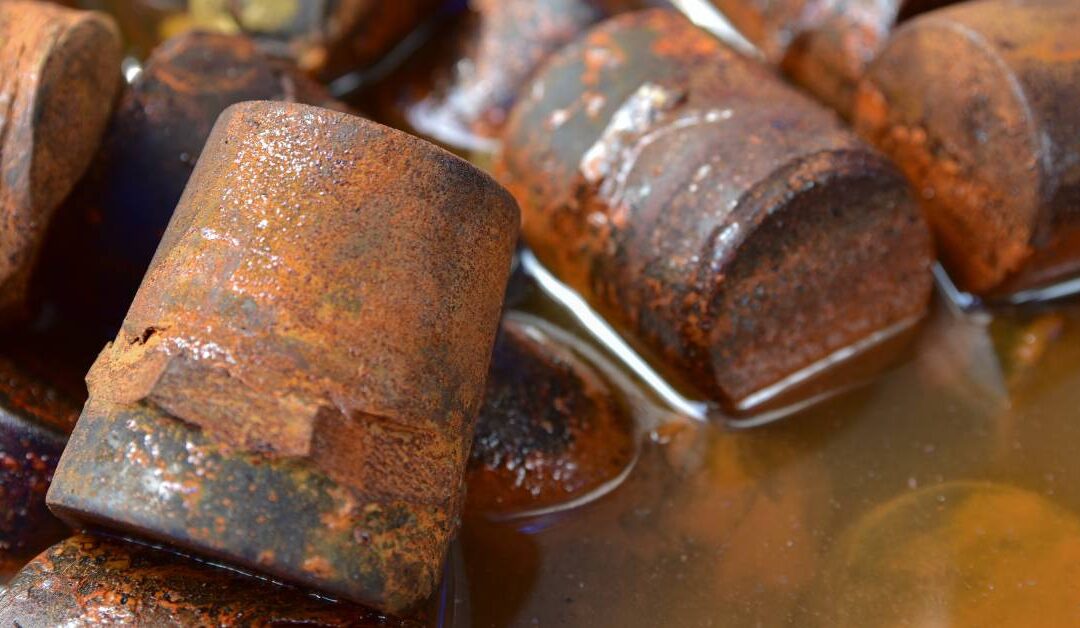Corrosion is a natural process that gradually destroys materials, particularly metals, through chemical and electrochemical reactions with their environment. Understanding how various metals resist or succumb to corrosion is crucial for selecting the right materials in construction, manufacturing, and other industries.
Let’s look at how different metals stand up to corrosion and what factors influence corrosion resistance.
Factors Affecting Corrosion Resistance
The most significant factor influencing corrosion resistance is the environment in which the metal is exposed. The type of media, such as water, air, soil, or chemicals, and its composition significantly affect how a metal corrodes. Other factors include temperature, humidity, pH levels, and the presence of impurities.
Another factor to consider is the chemical makeup of the metal. Different metals have unique properties that make them more or less resistant to corrosion. For example, stainless steel has a high chromium content that forms a protective layer on its surface when exposed to oxygen and moisture, making it highly resistant to rust.
The manufacturing process can also affect a metal’s corrosion resistance. The presence of impurities or defects in the structure of a metal can make it more susceptible to corrosion, even if it is inherently resistant.
Most Resistant Metals
Some metals are known for their exceptional resistance to corrosion and are commonly used in industries that require durable materials. These include:
- Titanium: This lightweight, strong metal has excellent resistance to most corrosive environments, including seawater and acidic solutions.
- Platinum: Known for its high durability and resistance to chemical reactions, platinum is often used in industrial equipment and laboratory instruments.
- Gold: While not as strong as titanium or platinum, gold has excellent corrosion resistance due to its inert nature. It does not react with most chemicals or gases, making it a popular choice for jewelry and electronic components.
- Tantalum: This rare metal is incredibly corrosion resistant, even in harsh environments such as hydrochloric acid solutions. It is often used in chemical processing and medical implants.
- Bronze: Known for its historical significance and aesthetic appeal, bronze exhibits resistance to corrosion, particularly in marine environments, due to the formation of a protective patina.
Least Resistant Metals
Some metals are highly prone to corrosion and require special coatings or treatments to prevent deterioration. These include:
- Iron: Notoriously susceptible to rust, iron corrodes quickly when exposed to moisture and oxygen. Many industries use iron alloys instead of pure iron to improve its corrosion resistance.
- Lead: While lead has excellent chemical resistance, it is highly reactive to water and can corrode quickly when exposed. It is often used in protective coatings for other metals to prevent corrosion.
- Zinc: Although zinc itself has good corrosion resistance, it is often used as a sacrificial coating on other metals such as steel. This means that the zinc will corrode instead of the underlying metal, protecting the underlying metal from damage.
Understanding how different metals stand up to corrosion is essential for selecting the right materials. Factors such as environment, chemical makeup, and manufacturing processes play a significant role in determining a metal’s corrosion resistance. By choosing the most appropriate metal for a specific environment, we can ensure long-lasting and durable structures and products.
If you’re looking for bronze suppliers, Wieland Diversified is a leading provider of high-quality bronze materials with excellent corrosion resistance. Our experienced team can help you choose the right metal for your project. Contact us today to learn more!

